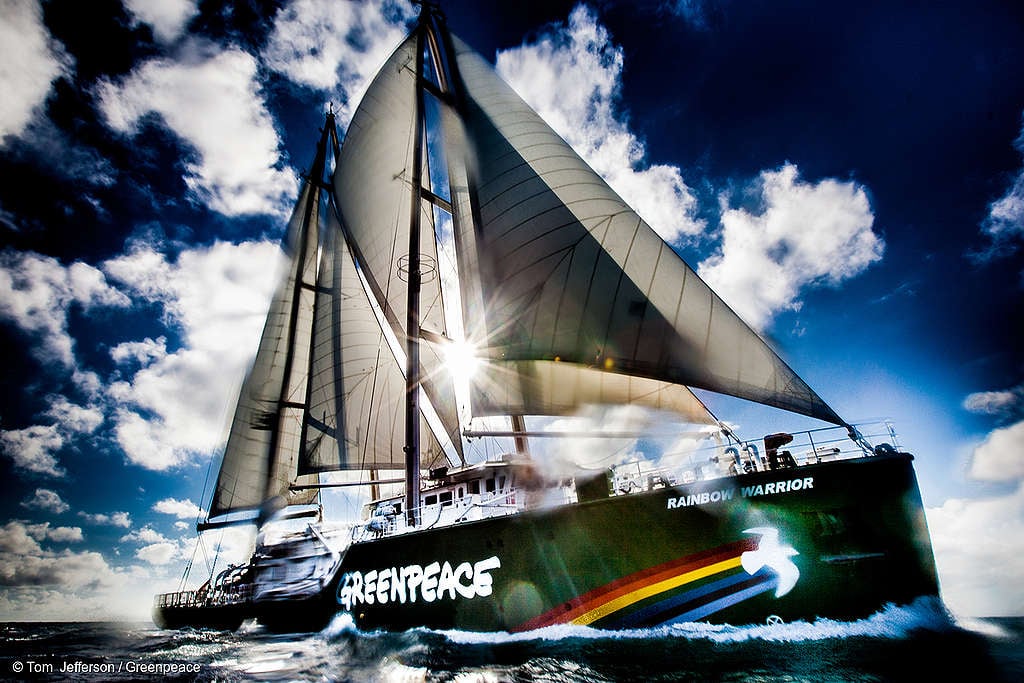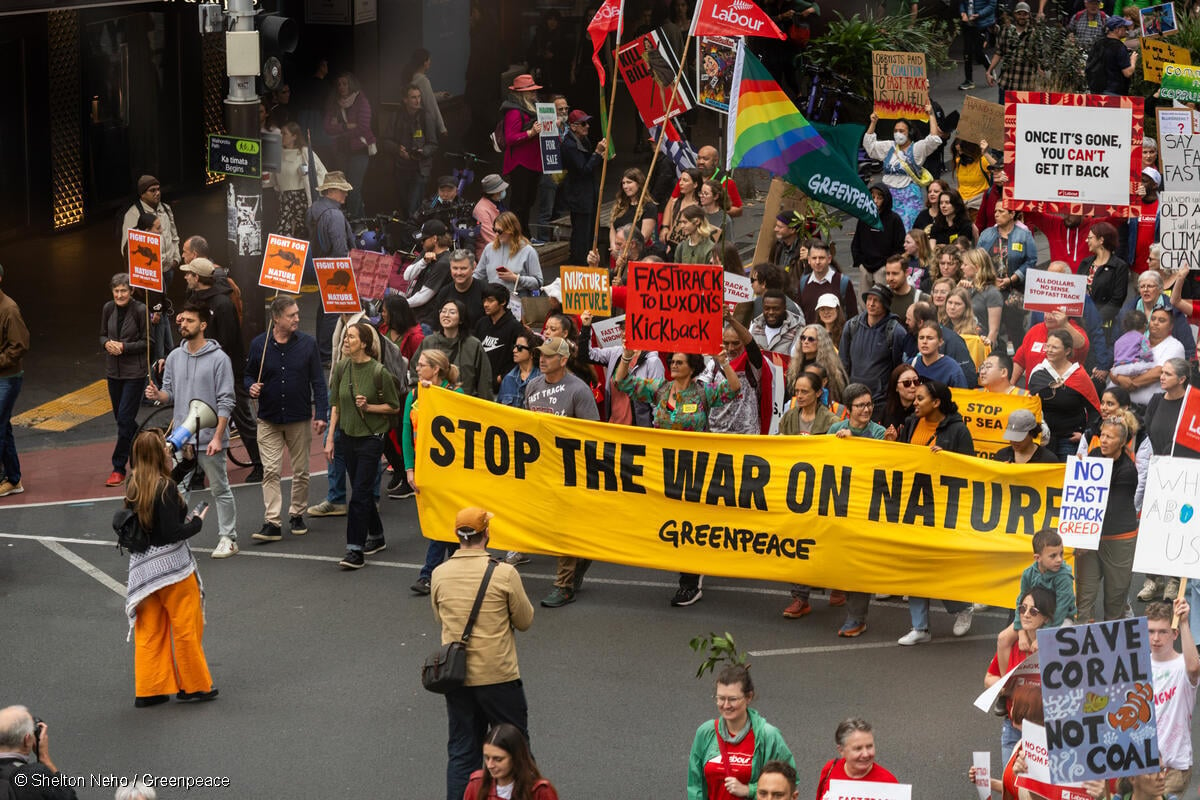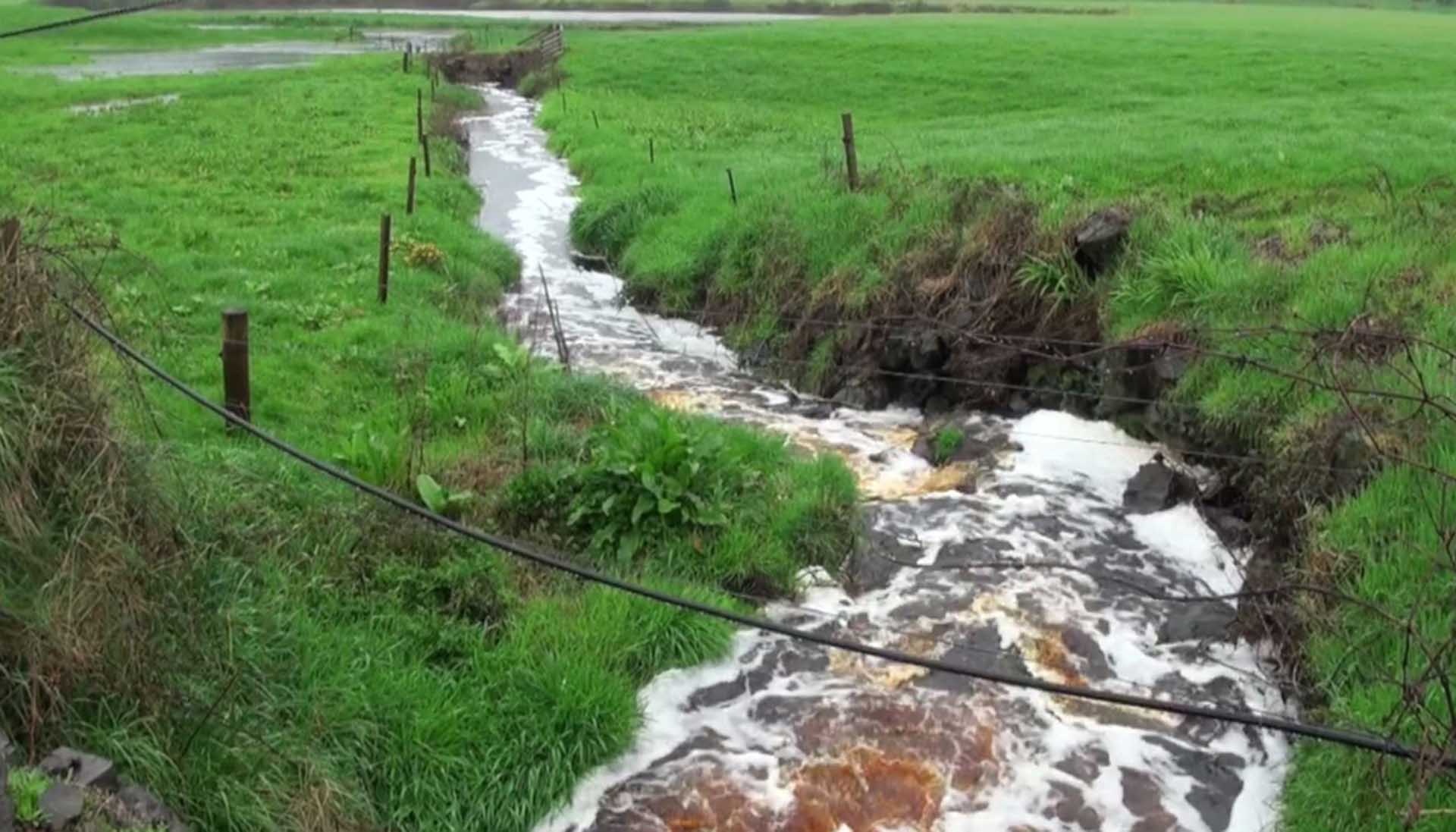The New Zealand Government and its allied mining industry lobby groups are playing a hypocritical game on climate change and mining.
On the one hand, they deny climate science by seeking to expand oil and gas exploration and extraction. On the other hand, they tell us that climate change means that New Zealand has a global obligation to expand mining for metals used in the renewable energy revolution.
Their position is incoherent. Is their argument that climate change isn’t happening, and hence New Zealand should drill for more oil and gas? Or is their argument that climate change is real, and hence New Zealand should do its part in global efforts by digging up rare earth metals even if it harms nature? They can’t have it both ways, and neither position stands up to scrutiny.
The fact that they are promoting new oil and gas exploration demonstrates that they don’t actually care about climate policy. Hence, their argument that climate change justifies searching for rare earth minerals is really just a bad faith argument. It is simply designed to undermine efforts to save nature from destruction.
But putting aside the bad-faith arguments from the likes of Shane Jones, there is a real conversation to be had about climate and biodiversity.
There are two parts to the conversation – fossil fuels and minerals.
When it comes to fossil fuels, the answer is simple and straightforward. As many credible institutions have pointed out, there are already more fossil fuel reserves on the planet than can be burned if we are to stay under 1.5 or two degrees of warming. Hence, it is critical to stop looking for more oil and gas and focus on transitioning away from fossil energy.
Fortunately for New Zealand this is not especially difficult as we have abundant renewable electricity generation and storage opportunities, at a local as well as national level. Coal and gas fired electricity generation is now dramatically more expensive than new wind, solar and geothermal, plus there are big gains that can come from energy efficiency and demand side management. And moving our transport fleet from imported fossil oil energy to domestically produced renewable electricity is a multi-billion dollar benefit. Add safer cycling and more public transport into the picture, and it is a win-win.
The Government’s strategy of looking for more gas and oil is not only climate vandalism; it is a gamble with the New Zealand economy. It hopes to find more fossil gas, which might come onstream in a decade or more, instead of making the much safer and cheaper transition now to renewables.
So that’s fossil fuel extraction.
When it comes to the minerals needed for the growth in renewable energy generation and storage it is a little more complicated. This is because we are not only in the middle of a climate crisis, we are in the middle of a biodiversity crisis in Aotearoa and globally. It is critical that we manage mining operations to avoid causing more harm to biodiversity.
The good news is that a transition to clean energy means a lot less mining. This is because in order to run a coal-fired electricity plant, you need to keep digging up more coal, whereas wind and solar (like coal) need minerals to build the plant, but after that, don’t need further mining. A recent review found that “Generating one gigawatt-hour of electricity with coal requires 20 times the mining footprint as generating the same electricity with low-carbon power sources like wind and solar. Producing the same electricity with natural gas requires moving about twice as much rock.” This effect becomes even more marked once you include the impact of recycling metals from batteries for example.
However, while overall, renewables need less mining than fossil generation, there will be considerable demand for metals such as lithium for batteries. This will drive up the price of these metals, which will increase mining companies’ desire to dig them up. Mining companies aren’t doing this because of some great concern about climate change. They are doing it because they see profits in mining.
So, we need to be prepared for this increased demand from mining companies by ensuring that our regulatory systems are in place to protect the things we value and rely on, like nature.
The current New Zealand Government is weakening environmental protections across the board through the fast track legislation, especially regarding mining. In the middle of a biodiversity crisis, when the pressure from mining companies seeking to make profits is strong, we need stronger, not weaker rules.
The New Zealand Government and the mining lobby are trying to cynically weaponise climate change to push through a weakening of environmental protection on mining. But they are hypocrites – anyone pushing new oil and gas exploration isn’t serious about climate.
For those of us who are seriously trying to address the climate and biodiversity crisis, we know three things:
1. Fossil fuel mining needs to be phased out.
2. Renewable electricity generation needs less mining than fossil fuel generation.
3. The pressure coming from increased demand for certain minerals used in the renewables revolution needs to be managed with strong environmental protections to avoid the danger of more destruction of nature.
We can achieve all three things, but we will need to keep up the pressure and not let their gaslighting obscure the prize – a liveable future for our kids on a planet still full of natural life and wonder.

Donate to Greenpeace today. We take no money from corporations or governments. Our independence and ability to speak and act freely is our greatest strength. To maintain that freedome, we rely on the generosity of people like you to keep us in action.
Take Action


